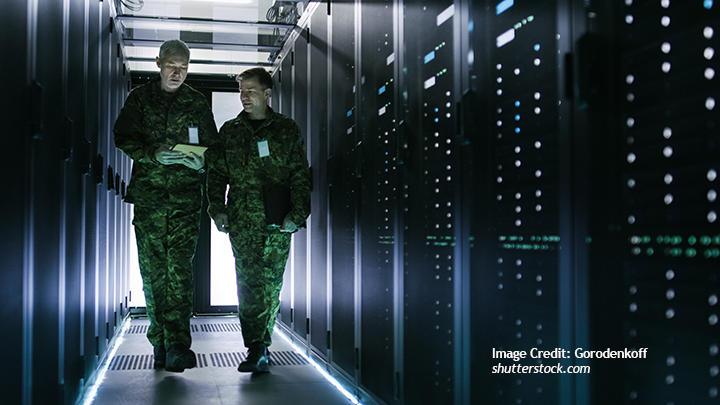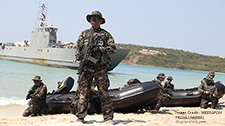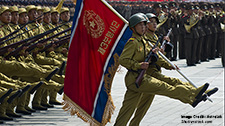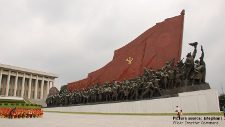Future Defence Policy Regarding the Emergence of New Military Technology Threats

Mats Engman
Introduction:
The ability to combine technological advancements with new policies and doctrines is vital for national security. Being able to organize, equip, train, and deploy forces to effectively deal with new challenges requires more than simply introducing new high-tech equipment into existing structures. In the current security environment, innovations ranging from artificial intelligence, to increasingly sophisticated autonomous drones, to space-based weapon system are forcing planners and analysts to constantly reevaluate their calculations. Social and political changes, as well as breakthroughs in civilian engineering, further complicate the already complex picture. In this paper Mats Engman discusses the ways in which new technologies and practices are creating new challenges for decision makers and addresses some of the ways in which defense policies will change as a result.
This report was written on behalf of the Korea’s Association for International Security and Cooperation (AISAC) and first presented at the International Seminar on “New Security Threats and International Peace Cooperation”, in Seoul on Oct 14. 2021




